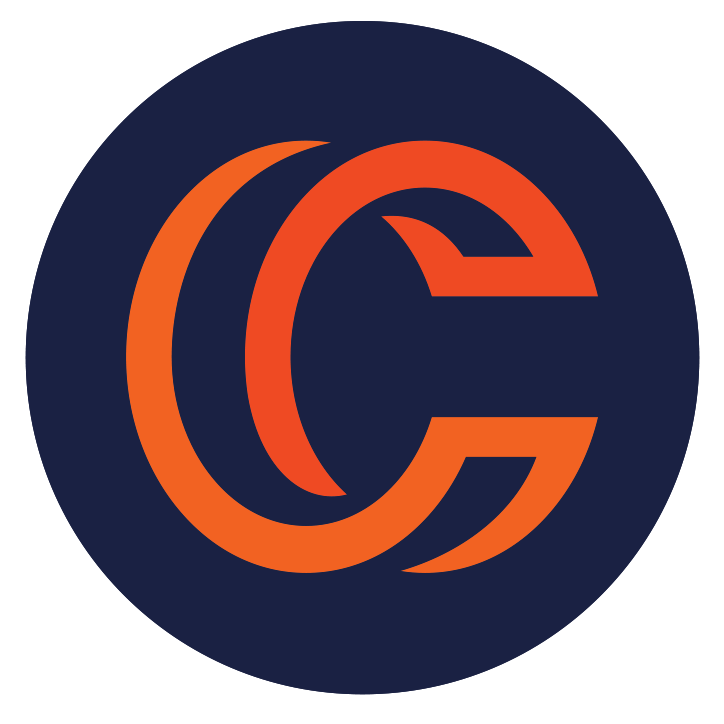Death Cleaning
There is a growing trend to declutter and pare down the stuff we Americans tend to accumulate. I find many of my clients also seek that clear space to help them work with fewer distractions or nagging “to-dos” surrounding them. The struggle is real to keep their spaces tidy and clutter-free, and for some, the system of organized piles speaks to their visual working memory. The key to clearing your space is first in defining what that means for you individually. Maybe that means you have nothing out on surfaces or perhaps you are fine with the visual piles that cue you into action. Letting go of the “shoulds” of home organization is the first freedom in developing a system and environment that works for your brain and ultimately your central nervous system.
Ever feel buried by your stuff? Exasperated by the inability to quickly find items you need? Let’s face it, some of us are pretty darn stressed out by the negative self-talk around our clutter, the undone tasks we see all around us, or the perceived social pressures of someone else’s definition of what it means to be “clean” or organized.
You’ve probably heard all of the buzz around popular cleaning and decluttering trends. What do Minimalism, the KonMari method, and Death Cleaning all have in common? They are names for processes that some people use to declutter and reorganize their homes, digital lives, and worldly possessions. This year, in our semi-empty nesting and aging parental care stage of life, we have been inspired to find a system that works in our family. My favorite minimalist Vlogger/Blogger is Joshua Becker. I have a few of his books and I love his commonsense approach to paring down your stuff. I’ll admit that I’ve also “sparked joy” in my wardrobe the past year - my dresser looks beautiful, but I have a hard time letting go of all of my blue jeans. What if they ALL spark joy?!?! What we have more or less landed on is our version of the “death cleaning” model - which I didn’t even know was a named process until I started watching Minimalism YouTube videos[squirrel].
As for "Death Cleaning", while the term may seem odd when I'm really honest about my "why" for decluttering, Swedish Death Cleaning most heavily aligns with my current motivation. I’m not anticipating my death anytime soon, mind you, but if I'm honest, recent history has me aligned with setting my kids up for an easier time or moving through our stuff when we are gone. The past year I was involved in some heavy decluttering for relatives and all of us involved walked away with one thought: “No WAY am I leaving this task to my kids when I die.” The kicker - these relatives aren’t even on death’s door.
So, in essence, Death Cleaning has you declutter and edit your belongings with your passing in mind - what is necessary and joyful for your living self, and what do you not need to hold onto for your kids to simply toss or scratch their heads over after your passing. Morose? While it may feel drastic to some, it sparks some serious joy for me to know that my closets will not overwhelm my kids should I die anytime soon. [Truthfully, the Emperor, Bling and the Professor can donate it all to a good women's charity in my honor.]. How does this even relate to ADHD, you might wonder? Cleaning and decluttering are quite often deal breakers because the brain can become overwhelmed by the emotional ties to stuff and/or the mountain of decisions that come with massive decluttering, organization, and tidying. What I love about death cleaning is that the decisions can often be shifted to "do I want my kids to have to decide later?" For me, that makes the choice easier. Often the answer is "no way!" And when the choice is hard to make, it’s so easy to find a body double or accountability partner to bounce things off of. When it comes to that friend, choose wisely, my friends.
Death Cleaning, for me, is like the merging of KonMari and Minimalism, and what sparks joy is the knowledge that there will not be mountains of possessions for the kids to wade through when I'm gone. I like that both the Minimal Mom and Joshua Becker have a similar approach to minimalism - it means different things to each one of us. Minimalism doesn't mean you have to toss out everything in your home, keep 5 black t-shirts, and cook with one pot. It means that you edit your stuff down to what is useful, necessary and important to you. I love KonMari folding methods for my drawers - who knew seeing everything at a glance would spark such joy for me? And what I love most of all is that it speaks to my love language of doing for others. It also makes clearing my closets so much easier!
So, have I become a minimalist this summer? Not really, but I have become ever so mindful of the things I am keeping and now what I am bringing into the home. Letting go has been a process that I have worked on and experimented with for the last 6-9 months. It becomes easier with every new sweep of my closets and clearing of drawers. I love the reward of a cleared space. That is my dopamine hit and the carrot that dangles before every space and pile I attack. I’m not at my goal just yet, but I’ve read it might just require a year of persistent and regular efforts. This year, the goal is to shift the space and our mindset in time for the holiday season - this will be a year of gifting experiences, not stuff.
I’d love to hear what motivates others to move their stuff in ways that bring peace or joy. Happy sifting!
